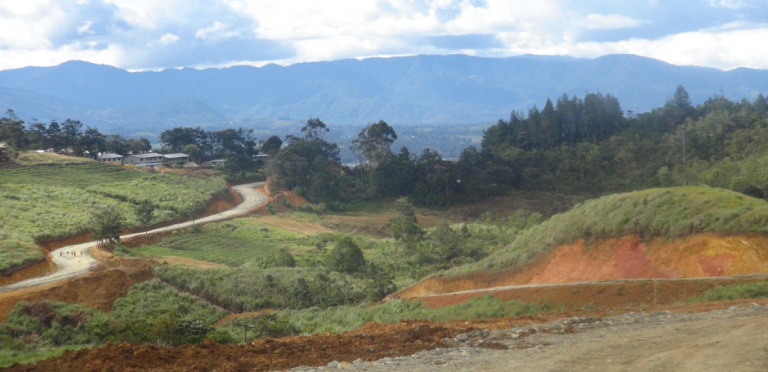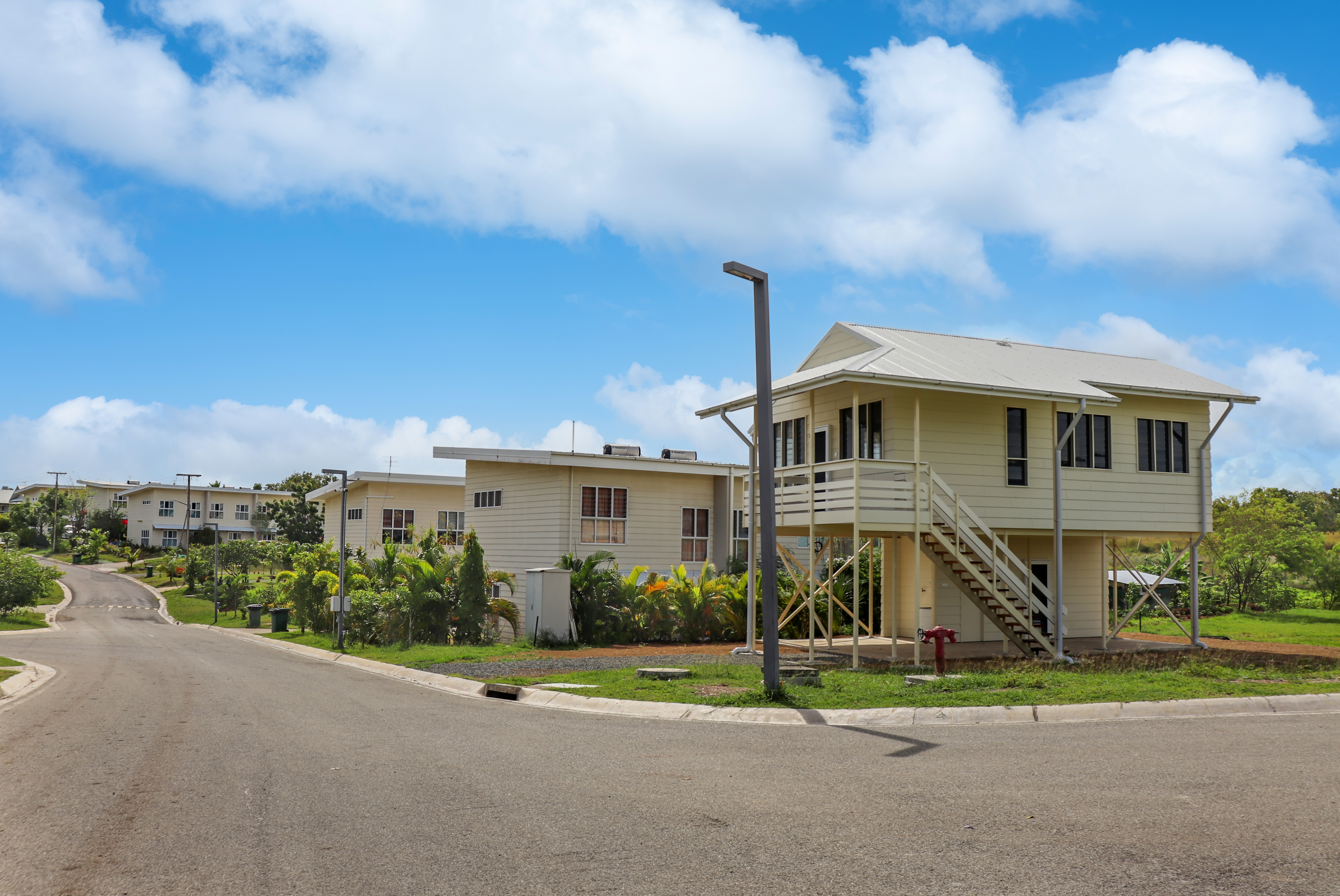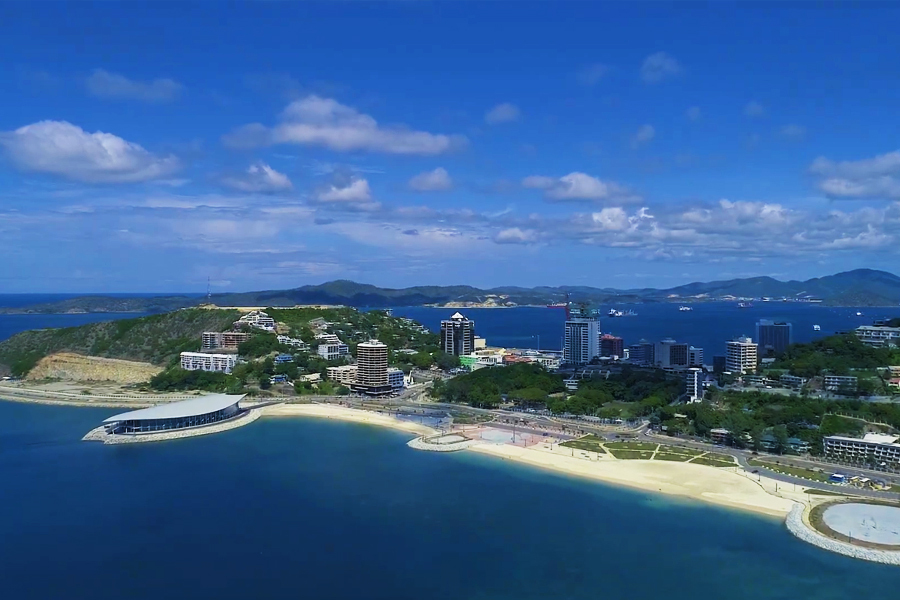photo credit: visiteasttimor.com
Land cannot be considered a commodity in Papua New Guinea. It cannot be priced because of several factors such as ecological, cultural, and social duplication. This is according to Dr. Tim Anderson, a senior lecturer for political economy at the prestigious University of Sydney – basing it off of his “Framework for assessing Compensation for the wrongful loss of customary land.”
Does everyone have the same definition of commodity?
Dr. Anderson explained that the problem was merely a matter of semantics. This is rooted on cultural differences not only between the West and Melanesia, but also within Melanesia itself.
To illustrate, Dr. Anderson told an anecdote from around 15 years ago in Timor Leste. He recalls a western-trained economist being sent out to assess the value of land there. He says, “They went and asked people, ‘when was the last time you sold some land around here?’ They asked and got an answer. No. So, they returned and told the Asian Development Bank that the value of the land in Timor Leste was nothing.”
He continues, “The problem is if we keep on the inevitably very true line that land is invaluable and cannot be modified then we are not talking the same language as the big powers who always talks about money.”
Is land really not a commodity in Papua New Guinea?
Mark Kelep who is the former auditor-general brought up several questions that rose from Dr. Anderson’s stance. Kelep asks, “How do you qualify being associated with the land and being basically pushed out in urban areas?” He also asks, “How do you address the model presented by Dr. Anderson?”
He clarifies, “Land is not a commodity. But what goes on it or is in it is a commodity of either extraction or for commercial purposes. I think we need to ensure that we understand that land is not a commodity,” Mr Kelep said.
How can this be addressed?
Dr. Anderson hopes that by releasing his framework that a dialogue would start the ball rolling and set talks into motion to first standardize the definition, and then set a standard for putting value to land.
He explains, “What we are trying to do with this project is to try and get some sense of value of production at least to put correct value on the output as the value of land is separate from the land produces. That’s the first step we have to take, acknowledge that fact that land has a calculable value.”
Whatever the case is, determining the value of the land will greatly help the economy of Papua New Guinea because there will be a set standard as to evaluating not only the cost of land but also because this will deter any unfair dealings with locals. And this initiative may be just the thing to help the country step towards that scenario.




Comments